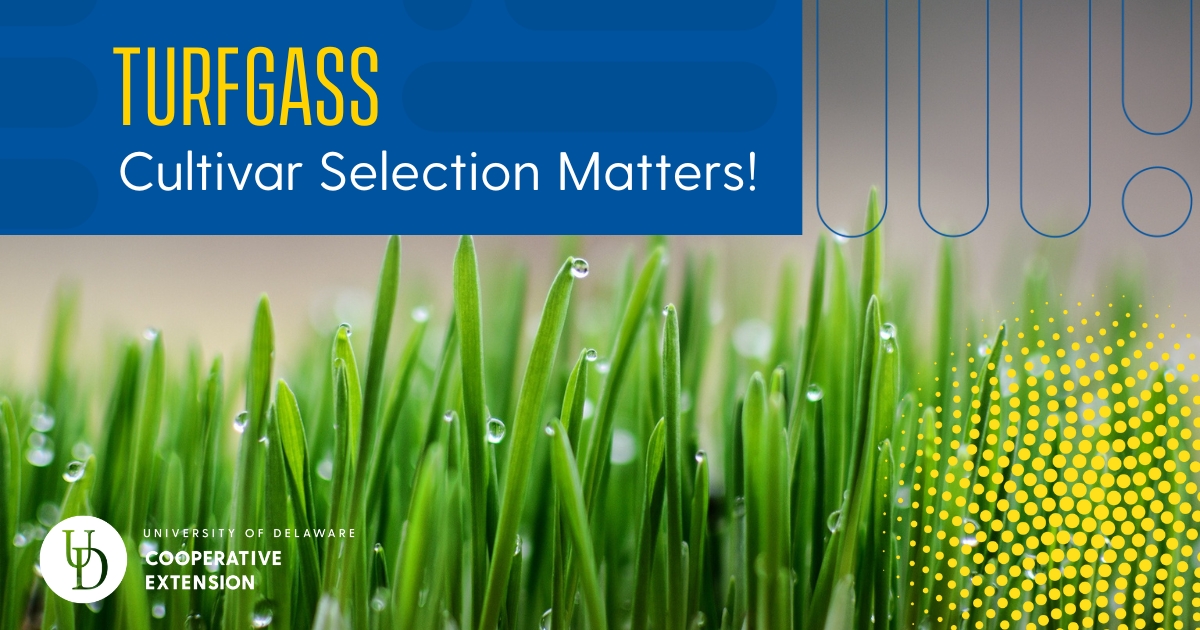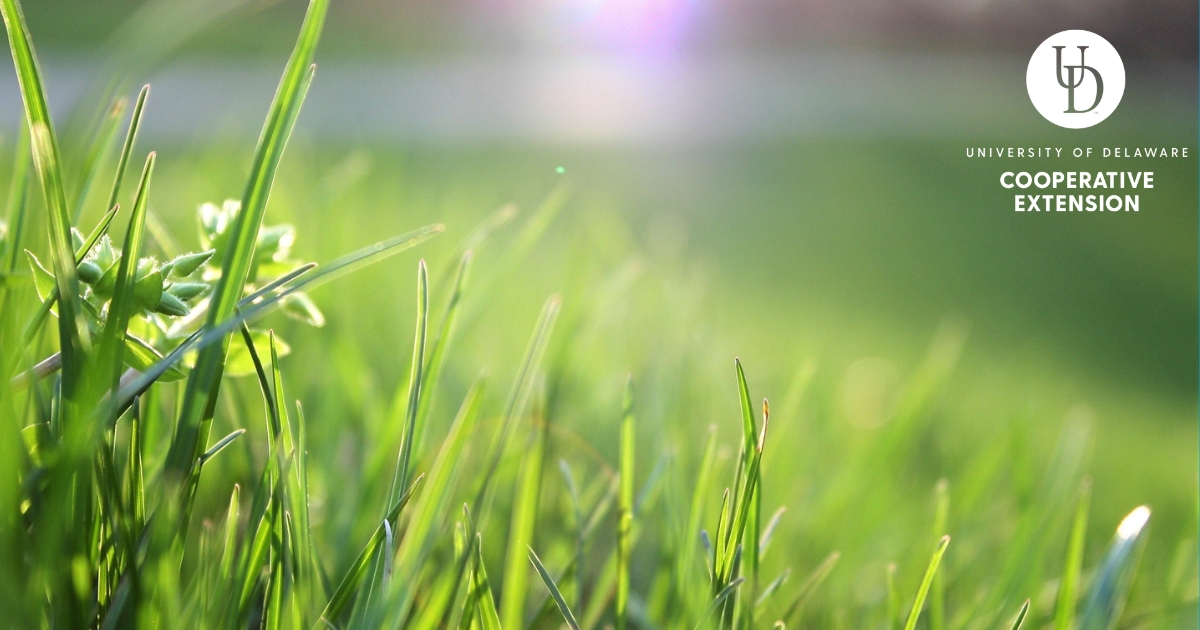
Category: Cooperative Extension

Yes, Turfgass Cultivar Selection Matters!
July 15, 2025 Written by: John Emerson, Turfgrass Nutrient Management Agent, Amy Shober, Nutrient Management and Environmental Quality Specialist and Erik Ervin, Turfgrass and Horticultural Systems
There are several items to consider when establishing or renovating a lawn. Of course, water, light, soil nutrient levels, and temperature are essential, but one could easily argue that cultivar (cultivated variety) selection may be the most critical step in the long-term success and persistence of a lawn. Proper cultivar selection ensures that a particular turfgrass is best adapted to local conditions and will meet the turfgrass manager's use and maintenance expectations. Newer improved cultivars will establish quicker and form a denser turf to outcompete weeds. They require less supplemental irrigation, demand fewer fertilizer and pesticide applications, and maintain a more uniform turf stand throughout the growing season. These advantages ultimately translate into a significant reduction of inputs while still maintaining an excellent stand of turf.
Turfgrass cultivar trials are conducted at many locations throughout the United States. The National Turfgrass Evaluation Program (NTEP.org) is the leading organization that facilitates and organizes these turfgrass trials. NTEP provides the host sites (land-grant universities and private research facilities) with seed from breeders as well as operational funding to conduct the trials. Trials typically last 5 years, and at the end of the trial period, a full report is released. Data is submitted to NTEP yearly and compiled into a progress report. Here at the University of Delaware, we conduct several cool-season grass NTEP trials. Mainly tall fescue, fine fescue, and Kentucky bluegrass. With many NTEP trial sites around the country, regardless of where you are located, you should be able to find local or regional trial data to help you select cultivars that perform best in your area. The University of Delaware has an extension publication titled “Turfgrass Selections for Delaware” that lists the best-performing species and cultivars from both local and regional NTEP trials. When searching for turfgrass seed or sod, you should be purchasing cultivars from those lists.

Be careful when shopping, as popular cultivars from just a decade or so ago are no longer able to compete in NTEP trials when compared to the newer turfgrasses. So much so that many of the historic cultivars that can be found in stores are no longer entered into national trials. There has been a big push from turfgrass breeders over the last couple of decades to improve on characteristics that are most desirable. Traits such as drought tolerance, disease resistance, genetic color, shade tolerance, and seed germination have been greatly improved.
The inherent genetic improvement of grasses significantly reduces the reliance on inputs, promoting a more eco-friendly and low-input approach to managing your lawn. This not only benefits the environment by minimizing nutrient and pesticide loss, but also creates a safer outdoor space for families, children, and pets. A healthy, resilient, and aesthetically appealing lawn enhances curb appeal, increases property value, and provides a functional outdoor living space for recreation, highlighting the importance of careful turfgrass cultivar selection. Properly managed turfgrass stands are some of the best biofilters in the world. Using improved cultivars is a pillar to keep these systems functioning properly for years to come.
